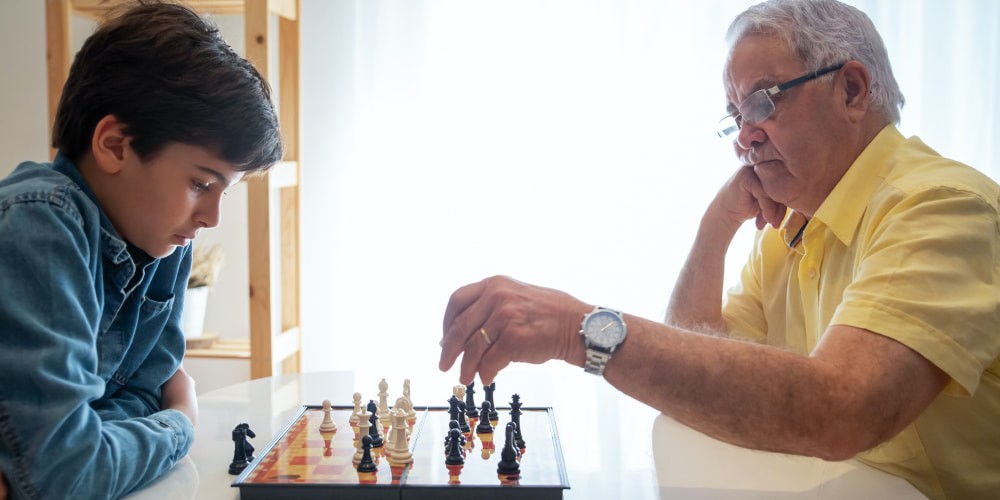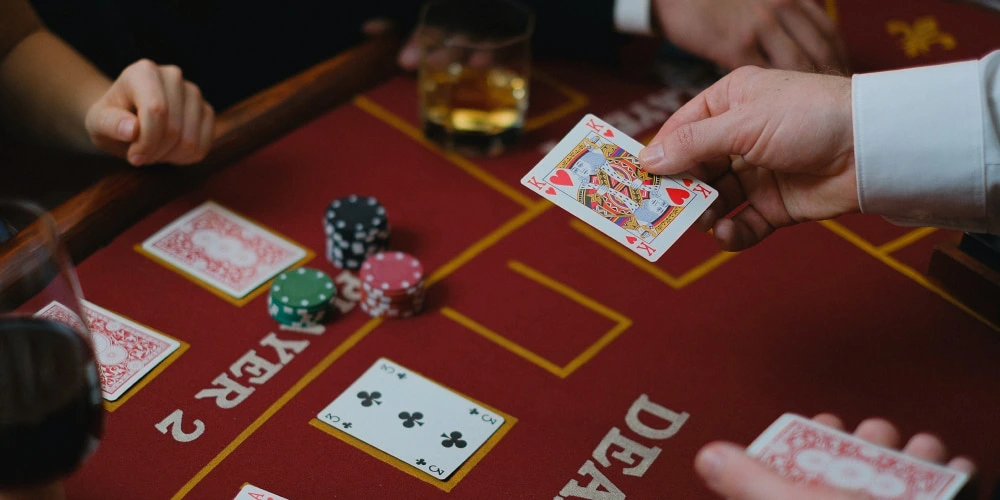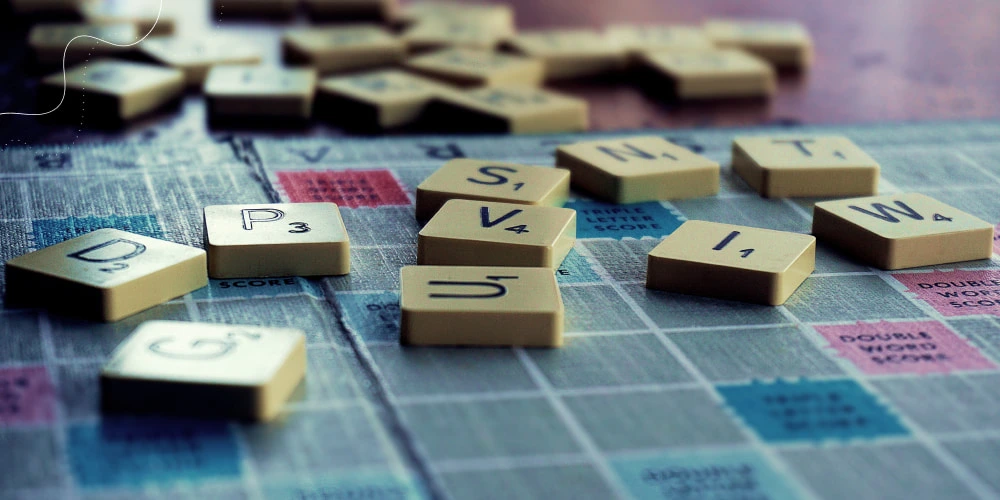The human brain is such a unique phenomenon. Even after many years of studying humans, scientists still make discoveries. But, despite all the positive aspects of the human brain, it can create negative barriers. One of these may be Parkinson’s disease.
This disease is characterized by:
- Symptoms of impaired motor function (slowness of movement, tremors, and loss of balance).
- Non-motor disorders (decrease in cognitive functions, mental disorders, sleep disturbances).
Movement disorders contribute to speech and motor difficulties. They also limit the patient’s ability in many spheres of life.
We have prepared for you a list of 10 games that can improve a patient’s life with Parkinson’s. And we will also tell you why these games are indispensable in the patient’s life.
1. Checkers and Chess
Providing checkers and chess for Parkinson’s patients is an essential form of therapy. It’s best for those who suffer from this chronic movement disorder. These classic board games can offer significant neurological benefits. It’s because of stimulating strategic problem-solving play.
By nurturing the brain with these activities, patients can enhance neural connections. And they remain engaged in meaningful pursuits throughout their lives.
In this way, checkers and chess provide a form of cognitive therapy. It can help improve motor skills and battle some of the disease’s negative effects.
2. Poker
Poker for Parkinson’s patients could be one of the best games for the aging brain. This activity has been shown to help improve reaction time and fine motor skills. Thus, it works in an enjoyable, mentally stimulating way. Group poker games also offer an opportunity for socialization among other Parkinson’s patients.
And it all provides a safe setting. Poker for Parkinson’s patients helps to increase cognition and focus. And it also reduces symptoms such as movement difficulties and muscle rigidity. Participants come away from each gaming session feeling more fulfilled and connected. And it leaves them with a sense of hope.
3. BlackJack
BlackJack for Parkinson’s patients is a form of therapy. It encourages physical activity and promotes cognitive awareness. By shaking the hand-held gaming control, users can relearn necessary motor skills for the game.
Practicing these movements supports greater mobility and improved coordination over time. This therapy also stimulates mental activity with challenging strategies to win. By providing enjoyment and relief from symptoms, BlackJack for Parkinson’s patients is transforming the lives of individuals and their families.
4. Scrabble
For those suffering from Parkinson’s, playing board games can be a fun activity for patients. It’s an engaging reprieve from the effects of their condition. Not only does it bring a sense of comfort and familiarity to many who grew up with the game. But it also provides patients with some intellectually stimulating challenges.
They can encourage cognitive stimulation. Playing games like Scrabble can help improve communication and language development. At the same time, it also provides an avenue for socialization among friends and family. Equally important is how Scrabble forces patients to consider their strategic decisions carefully. And ultimately build on existing decision-making skills.
5. Puzzles
Puzzles can be an effective therapy for Parkinson’s patients. They serve as a distraction. And they allow individuals to focus on the task at hand instead of symptoms like:
- Tremors.
- Difficulty moving.
And it helps with cognitive processes that are often impaired in Parkinson’s.
Not only puzzles are enjoyable and potentially stress-relieving for people with the condition. They also aid in both short and long-term memory retention. Puzzles may even ease social interaction among caregivers and loved ones of those affected by Parkinson’s disease. This makes puzzles an excellent choice for patients to build their skills.
6. Memory-Matching Card Games
Memory-matching card games can be an effective therapeutic intervention for Parkinson’s patients. These games help to increase mental stimulation and seniors’ memory. Also, they provide an entertaining and interactive way to maintain cognitive functioning. Challenging patients to remember and match items from the cards encourages better engagement with the brain and helps with recall.
It is believed that regular activity can work to improve Parkinson’s disease symptoms. And playing memory-matching card games is one example. People suffering from the condition can cultivate a healthier lifestyle while having fun.
7. Charades
Charades can be an effective tool to help patients with Parkinson’s disease. Acting out words and phrases can help stimulate the brains of these individuals. And it improves cognition and communication skills. This type of rehabilitation also has the added benefit of aiding in social interaction, which many living with Parkinson’s may lack.
Also, it can provide a much-needed social outlet. And it is fun and engaging for everyone involved. Physician supervisors should explore their options regarding incorporating charades into therapy sessions for their Parkinson’s patients to see if this creative form of rehabilitation benefits them.
8. Solitaire
Playing solitaire card games for Parkinson’s patients is a great source of:
- Comfort.
- Distraction.
Especially for Parkinson’s patients. It is an activity they can enjoy while social distancing. And it also offers many cognitive benefits. Additionally, solitaire can be beneficial to physical coordination. It’s because the patient:
- Manipulates the cards with their hands.
- Strengthens their fine motor skills, such as coordination and precision.
Besides providing many physical and mental health benefits, playing solitaire may offer:
- A sense of accomplishment.
- Self-satisfaction afterward.
Patients can assess tasks in front of them and think strategically about how to solve each game. It helps reduce stress amidst a challenging situation.
9. Simon Says
Simon Says is one of the best games for the aging brains for people with Parkinson’s disease.
It combines:
- Vocal commands delivered by the trainer.
- Physical movement.
- Mental agility to challenge the brain’s neural pathways and help them stay connected.
With “Simon Says” mechanics, people with Parkinson’s like to follow verbal instructions. And at the same time, their motor skills do various physical activities. Memory and coordination can be greatly improved with regular Simon Say exercises. It makes it an essential tool in helping manage the condition.
10. Word Puzzles
Word puzzles help people with Parkinson’s Disease maintain their cognitive abilities. Research has shown that providing a stimulating environment for individuals living with Parkinson’s can help slow the progression of their symptoms.
With word puzzles, Parkinson’s patients can keep mentally sharp. And they remain mentally active, which helps preserve cognitive functioning. Word puzzles provide an entertaining activity. And it allows patients to relax while also stimulating their mental capacities. By offering these activities, we can create a meaningful impact on patients’ lives.
What Problems Can the Elderly Face When Playing Brain Games?
Brain games are a popular form of entertainment. And they can also improve cognitive function. These games provide a great way for people to learn and stay entertained. But there are potential problems that patients can experience when playing brain games for Parkinson’s.
Playing brain games can be challenging for people with a cognitive impairment. It’s because of the constantly changing nature of brain games. This is especially true for those with an expected decline in cognition due to the condition. Additionally, some of these games need a certain level of motor control.
This can make them challenging due to problems with physical movement. Also, participating in such activities is quite tiring. Especially for individuals suffering from this neurological disorder. Their bodies have to work harder to process even simple requests.
If someone with Parkinson’s wants to play brain games, they should take precautions. And adjusting the type and difficulty of the game is essential.
Useful Info About Games for Relatives
In case you have a relative with Parkinson’s disease, you will need help finding sources for:
- Games to help seniors with memory.
- Therapies and more.
Elderly brain games for maintaining mental development can be on the Internet. Also, such games are easy to find in special care centers for patients. If you want to diversify the routine of your relatives with the disease, you can develop a game yourself. To do this, just follow the patterns of existing games.
As for pastimes, it is best to send your relative to a special center if you do not have much time for care. In such an environment, people with Parkinson’s disease will feel more comfortable. Pastimes and games will also be more interesting for such people if they are in a similar community.
Bottom Line
Fun activities for Parkinson’s patients can help people manage their symptoms. But no single game can cure the condition. Playing brain games on a regular basis can lead to improved cognitive functioning. And it can also lead to a better quality of life. The 10 best brain games outlined in this article are just some of the options available.
But always choose an activity that works well with your lifestyle and symptoms. Doing so will ensure that you are making the most out of each moment. And it also helps minimize side effects associated with Parkinson’s Disease.
FAQs
Do brain games help Parkinson’s?
Yes, brain games can certainly help those with Parkinson’s. Research has shown that certain types of cognitive activities and exercises may improve:
- Memory.
- Focus.
- Problem-solving.
- Cognitive ability in individuals with Parkinson’s.
Are video games good for Parkinson’s?
Video games may be beneficial for some people with Parkinson’s. Action video games play may increase dopamine levels in the brain. It could help to reduce symptoms of Parkinson’s disease. But it is important to note that too much gaming can lead to increased stress levels. It is best to limit gameplay time accordingly.
How to attract a person with Parkinson’s disease to play games?
Consider offering activities that are tailored to their interests. If they enjoy playing board games, consider setting up a chess game. Or it could be another game night with friends and family. If they are more tech savvy, you can suggest online gaming. They can be brain training apps or virtual reality headsets.
How do you cheer up someone with Parkinson’s?
Be supportive and understanding of the daily challenges they may face. Listen to music, play board games, or engage in conversation with them.





















Please, leave your review
3 Comments
Howard Quinn
31/07/2023
Well done. A discussion of games and activities for advanced PD individuals would be helpful.
Sherry Joyner
26/10/2023
I give this 5 stars and a big thumbs up
Thank you so much for this wonderful news, but I was wondering if this will still help if a person has had PD for several years already? This is the first time I’ve read where playing games like this can help.
Roberta Newman
11/12/2023
I am the 80 year old wife of my 88 year old hubby who has Parkinsons and findind it very hard right now as he is for getting things a lot .And need some sort of help with games on line for him
Thank you Roberta Newman
Write a comment: